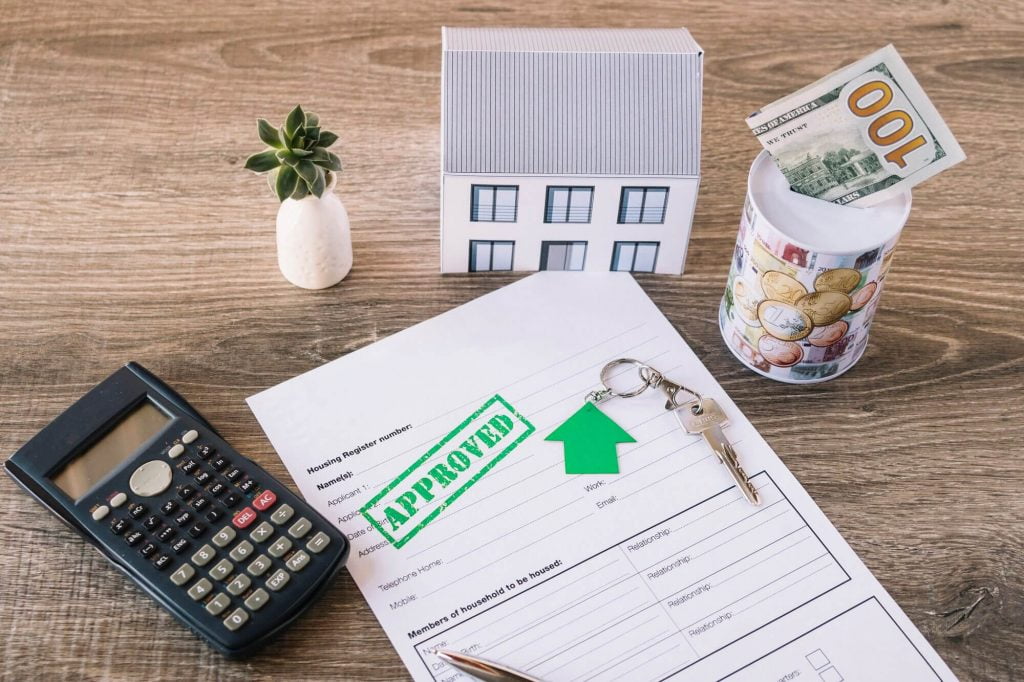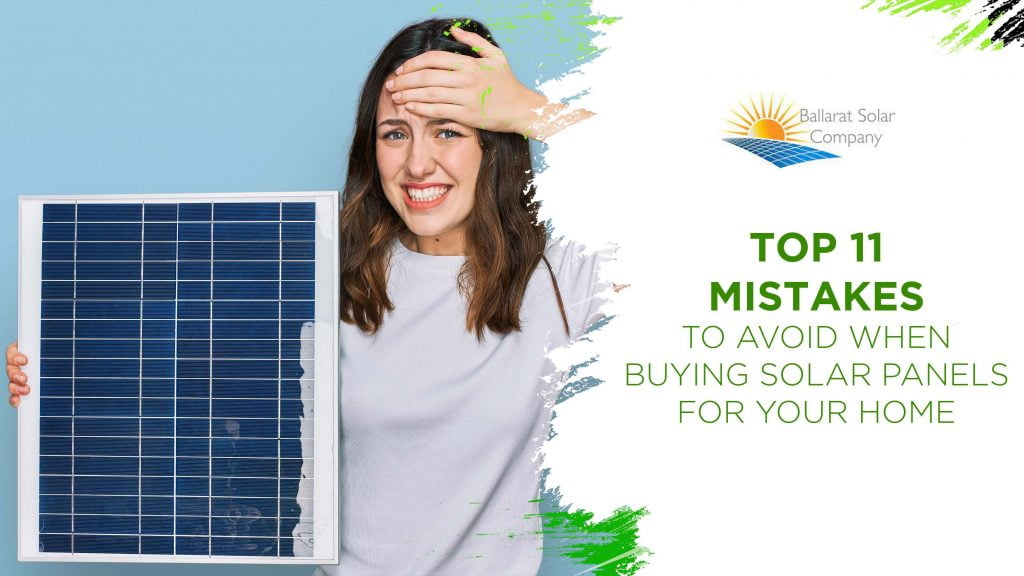Table of Contents
Buying solar panels and installing in your home can be a daunting and complex decision. You must consider various factors and be meticulous when investing in such a long-term project. Your decisions and actions must also be precise. Even a slight mistake can cost you more.
This article will give you a brief understanding of the general mistakes that most people would make when Buying solar panels and installing solar panels a in their houses. Read through the article carefully and avoid these mistakes to enjoy the benefits of solar energy.
1. Underestimating the solar requirement
Every household is unique and has different levels of energy requirements. Therefore you should be careful when calculating the total energy requirement of your household.
Most people tend to go for a low-capacity system because it is cheap. However, you must understand that you will gain from the solar panel system only when you install adequate panels to support your requirement.
Otherwise, you would also have to spend money to get electricity from the grid. Therefore consult a professional installer and calculate the accurate requirement of your home.
When calculating your solar panel requirements, consider the future electricity demand of your household. Your solar panel system should last for at least 25 years. Therefore make sure that you have a rough idea about the energy requirement of your house in another 25 years.
2. Not getting sufficient quotes
Installing a solar panel system is not a simple job. It requires a significant initial investment, and the system should last long.
Therefore you should get quotations from at least three installers and retailers, whereas some companies do both jobs.

The quotations must be precise. When you get it don’t just jump onto the final cost. Make sure the quotes mention the brands of the equipment, the capacity of the equipment, warranty covers, after-sales services, etc.
Going through every detail in the quotation will help you identify scammy businesses and low-quality products. Therefore don’t rely on a single quote. Compare the quotations with each other and select the most suitable deal.
3. Misunderstanding the warranties when buying solar panels
As mentioned before, a solar project should last at least 25 years. Therefore the warranty covers are crucial. Although many customers check for the warranty covers, they don’t understand what they should look for.
You would receive various warranty covers when installing a solar panel system. You will get warranties for the workmanship, solar panels, and inverter.

Generally, the inverter warranty will be for five years. Some companies offer extended warranties for up to 10 years. This warranty will cover the manufacturing and performance defects of the inverter.
A good solar panel should have at least a 25-year warranty covering the performance and manufacturing defects.
Here’s something that you probably haven’t considered. The installer should give a workmanship warranty covering faulty installations and workmanship defects. Depending on the installer, the warranty period could be from 1 to 9 years.
4. Prioritizing cheap over quality
Most people would select a cheap system to cut the cost. However, when installing solar panels, you should never prioritize the price over the quality. This is a long-term investment and should function properly during that period.
A cheaper solar panel system could be a sign of low-quality instruments or a sales trick of a shady business with a low lifespan.
Always remember choosing a cheap system may seem beneficial today, but replacing the damaged equipment and upgrading them would cost more in the future.
5. Don't have an understanding of different solar panel systems
There are three types of solar panel systems that you could adopt. These systems are:
On the grid system: This is where your solar panel system is directly connected to the local grid. The electricity generated during the day will be distributed to the grid to enhance its total capacity. This method doesn’t require backup batteries; therefore, it is relatively cheaper. The electricity from the grid will power your utilities, and you will receive compensation for the energy generated by your panels against the energy used by your utilities.
Off-grid system: This system will completely disconnect you from the grid. Under this method, you will generate your electricity. You will need backup batteries to get the power at night or when there’s no sunlight; therefore, it can be costly.
Hybrid system: This is where the positive features of the above systems are combined. You are primarily connected to the grid to have uninterrupted power. However, you can use batteries to store the power to use when needed.
6. Worries too much about the roof orientation
A common belief among most people is that their roofs’ angular orientation and direction are not suitable for solar panels. While there is some truth to it, this shouldn’t prevent you from installing solar panels. There are new installation techniques to get the maximum sunlight for your panels.
However, shade from nearby trees, buildings, and tilt of the roof to the opposite direction of the sun could affect the efficiency of the solar panels. But don’t be disheartened. Consult an accredited solar installer and get their opinion.
7. Waiting for price reductions
A quality solar system would be costly. Therefore most people would delay their project in the hope of waiting for price reductions.
This could delay your project indefinitely. This is not a wise decision, and here’s why. The government is promoting sustainable energy and provides various incentives to promote solar energy. These government incentives might be suspended in the future. Therefore installing a solar system would be more cost-effective today when compared to the future.
8. Blindly trusting installers
Don’t trust any solar installer blindly. First, you have to check whether they are accredited by the Clean Energy Council (CEC) and hold the relevant licenses from the local authorities (Unrestricted Class A from Energy Safe Victoria, if the installer is a Victorian company).

If you find a suitable installer, search for them on Google and read the reviews. This would give a pretty good idea about their credibility.
9. Not getting the necessary approvals
Most people don’t know that they might have to get the approvals and certifications from certain local authorities to install a solar panel system. Failure to do so would lead to legal issues with penalties.
Therefore consult the local authorities or an accredited solar installer to find the required approvals and certifications.

10. Not considering the residential solar subsidy
The government is promoting residential solar projects to increase the contribution of renewable energy in the country. Therefore the government is offering subsidies, rebates, and various incentives to promote residential solar projects. You have to get the maximum benefit from these schemes.
Make sure to buy the equipment from an accredited retailer according to the regulations of the local authorities and hire a CEC-accredited installer. This is crucial to obtain support from the government.
11. Thinking you can do-it-yourself
Installing a solar panel system would involve various electrical work. You might have to change your wiring, circuit panel, etc. Don’t blindly believe the DIY videos on the internet to do your solar installations and it is illegal to do your own electrical work in Australia. Therefore hire an accredited installer with approved solar equipment to get your job done.

Ballarat Solar Company is an accredited solar installer and retailer in Victoria. We have been in the industry for more than ten years and have carried out many solar projects. We offer a generous warranty. Our team will help you through the entire process, from quoting the best solar system to applying for the rebate and then providing continuing after-sales services.
We value your investment, and our expert team will never let your hard-earned money go to waste. Please don’t hesitate to contact us to get your quote today.


